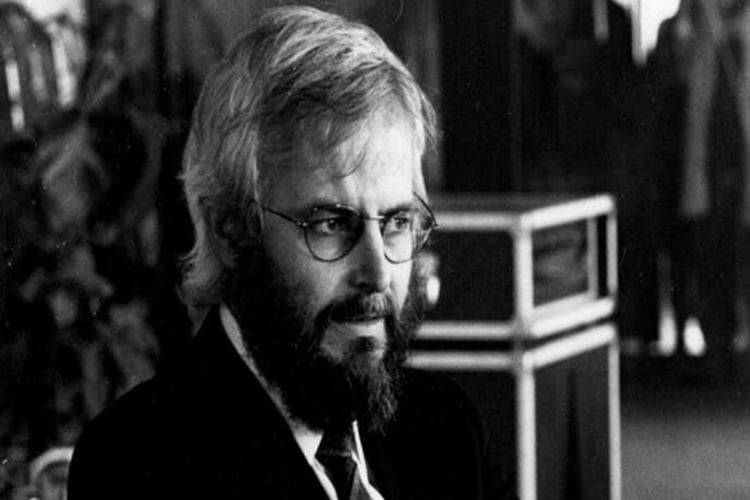Georges J. F. Kohler (17 April 1946 – 1 March 1995) was a German immunologist who made significant contributions to the field of molecular biology, particularly in the development of monoclonal antibody technology.
Life and Career
Georges J. F. Kohler was born on April 17, 1946, in Munich, Germany. He grew up in a period marked by post-war recovery and the rebuilding of Europe.
Kohler pursued his education at the University of Freiburg in Germany, where he earned his diploma in biology. He continued his academic journey by pursuing a Ph.D. in biology at the same university. Kohler’s interest in immunology and molecular biology started to shape during this time.
Georges Kohler’s career took a significant turn when he joined forces with César Milstein, an Argentinian biochemist, at the Laboratory of Molecular Biology (LMB) in Cambridge, England. This collaboration resulted in the groundbreaking development of monoclonal antibody technology in 1975.
Monoclonal antibodies are laboratory-produced molecules engineered to serve as substitute antibodies that can restore, enhance, or mimic the immune system’s attack on harmful cells. Kohler and Milstein’s method involved fusing antibody-producing cells (B cells) with tumor cells to create hybrid cells, known as hybridomas. These hybridomas could be cultured indefinitely and produce a single type of antibody, providing a consistent and reliable source of antibodies for research and medical purposes.
Their work laid the foundation for numerous applications in medicine, including the development of diagnostic tests, therapeutic drugs, and treatments for various diseases, including cancer and autoimmune disorders. The monoclonal antibody technology revolutionized the field of immunology and became an essential tool in both research and clinical settings.
For their groundbreaking work, Kohler and Milstein were awarded the Nobel Prize in Physiology or Medicine in 1984, recognizing their outstanding contributions to the field of immunology and medicine.
After the success of the monoclonal antibody project, Kohler continued his scientific career. He became a director at the Max Planck Institute for Immunobiology in Freiburg, Germany, where he continued to make contributions to the understanding of the immune system.
He died at the age of 37 on March 1, 1995, in Freiburg, Germany.
Award and Legacy
Georges J. F. Kohler’s groundbreaking work in the development of monoclonal antibody technology, in collaboration with César Milstein, was widely recognized, earning them the Nobel Prize in Physiology or Medicine in 1984. The Nobel Committee acknowledged their exceptional contributions to immunology and medicine, highlighting the transformative impact of monoclonal antibodies on both research and clinical applications.
While Georges J. F. Kohler’s life was tragically cut short, his legacy endures through the widespread use and ongoing developments in monoclonal antibody technology. The Nobel Prize stands as a testament to the transformative nature of his contributions, and his work continues to shape the landscape of medical research and treatment to this day.

